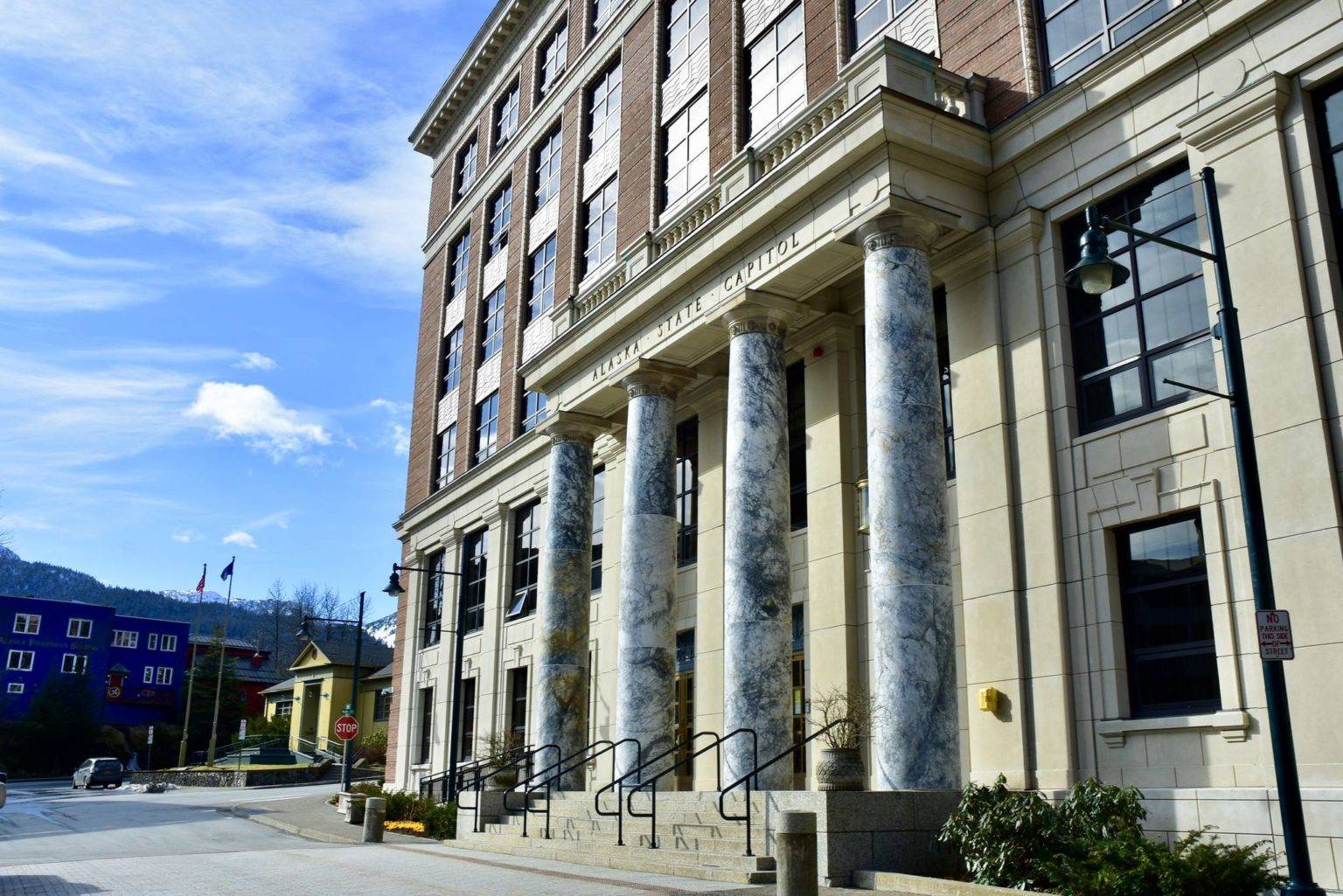As Alaskans, let’s be honest with each other this election cycle.
Under current law, we face a state budget deficit of about $2.3 billion this next fiscal year — the one legislators we elect this November will face when they head to Juneau next January. That’s roughly half of projected spending.
Let that sink in. Under current law, next year we are projected to receive only half the revenue we need to cover projected spending.
That’s not a temporary situation. According to the Department of Revenue’s spring 2020 forecast, it doesn’t get any better the remainder of the decade.
And we are facing it without savings. After continuously siphoning from various savings accounts to maintain spending this past decade, the remaining available to the 2021 Legislature won’t cover even one-quarter of next year’s deficit.
Some suggest we can balance the budget entirely with spending cuts. But again, let’s be honest with each other.
Due to the intervening drop in oil prices, even immediately enacting the $600 million in spending cuts Gov. Mike Dunleavy proposed at the beginning of his term in 2019 would cover less than a third of next year’s deficit. Diverting $400 million in local property taxes to the state — another proposal made by the governor in 2019 — would increase that to about 40%.
Even after enacting both, the state would still face an annual deficit of around $1.3 billion.
The Legislature wouldn’t pass the governor’s combined $1 billion proposal in 2019. While additional cuts, changes in formula-driven programs and a tightened spending cap are inevitable, it is not being honest with each other to claim that the next Legislature will adopt a cuts-led approach nearly two-and-a-half times that amount.
Others suggest we balance the budget largely through PFD cuts. Using that approach, however, would effectively eliminate the PFD, at great cost to both most Alaska families and the Alaska economy.
Next year’s PFD is projected at $1.9 billion. The deficit is $2.3 billion. Even entirely eliminating the PFD would not cover the deficit.
More importantly, relying largely on PFD cuts would cause substantial harm to the 80% of Alaska families falling in the state’s middle- and-lower income brackets, who would bear a hugely disproportionate share of the burden as a percent of family income. Those in the top 20% income bracket would experience a trivial impact and nonresidents, nothing.
In 2016, the University of Alaska-Anchorage’s Institute of Social and Economic Research warned relying on such a massively imbalanced approach among Alaska families would have the “largest adverse impact on the economy” of the revenue options it considered. In 2017, another ISER report concluded “a cut in PFDs would be by far the costliest measure for Alaska families.”
While the top 20% push PFD cuts relentlessly and some PFD restructuring is inevitable, especially in these times Alaskans should avoid the very alternative that hurts Alaska families and the Alaska economy most.
So, being honest with each other, the reality is the time has come to adopt some additional revenue approaches that are more equitable and have a lower impact on the overall economy — in short, are more balanced — to help close the gap.
One such approach is Proposition 1, the oil tax initiative. At current and projected oil prices, however, that only raises about $250 million annually. While that’s a contribution, it only covers a 10th of the deficit. Additional, more personal, broader based revenue measures will be required.
Being honest with each other, it will take a significant contribution from all three pieces — spending cuts (along with a tightened spending cap), PFD restructuring and additional sources of revenue — to meet the state’s yawning fiscal challenge.
In the Office of Management and Budget’s 2019 10-Year Plan the Dunleavy Administration appropriately referred to that as the “balanced approach.”
Listen closely. Those candidates who are being honest with Alaskans this coming cycle will talk about that approach most.
Brad Keithley is managing director of Alaskans for Sustainable Budgets, a project focused on increasing awareness of key fiscal challenges facing Alaskans at both the state and federal levels, and developing and offering reasoned approaches in response. For more information, go to AKforSB.com.
• By Brad Keithley

